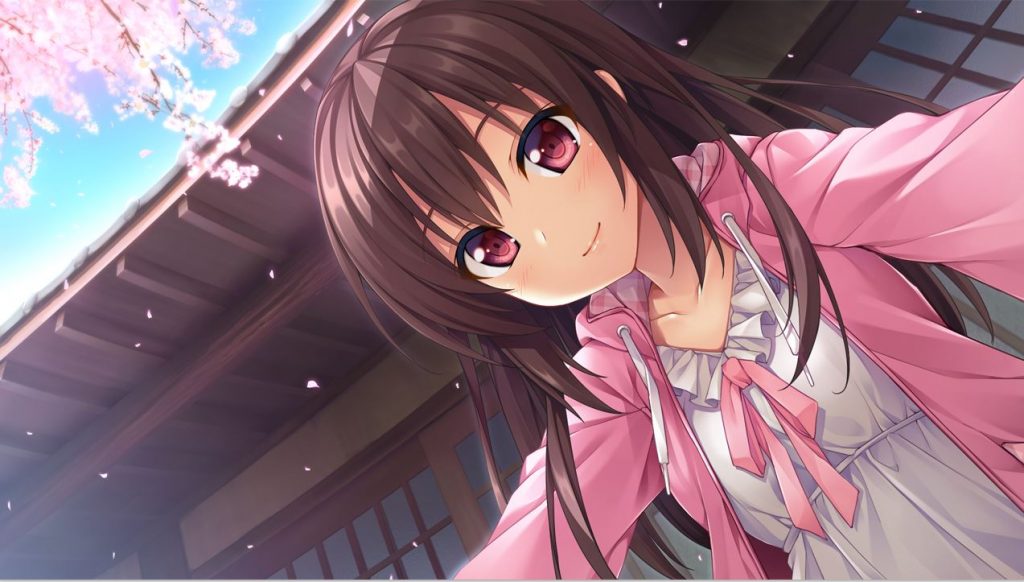
Nakajima wrote another novel about a terminally-ill heroine. Not sure how much I like this one, though.
This review contains conceptual/structural spoilers to the work.
Inochi no Spare takes on a tried concept: a terminally-ill heroine & a protagonist who accompanies her on her final days. The work deviates from the usual paradigm in one major way: the protagonist is terminally-ill too. It’s this minor difference that makes a whole world of difference in how the plot itself is carried out. Ultimately, this is a work that’s good only if you find yourself attached to the main heroine — I personally didn’t for the reasons that I’ll describe below.
From the start, I really wanted to like the work, especially since its broader concept was alluring, namely: the protagonist, a boy who grew up without self-worth, meets a heroine, and gets accepted into her family. Following that, he learns about his own self-worth & receives the familial love that he so craved. This concept was solid, and the climactic/dramatic scenes that surrounded this concept was well-envisioned too. The issue with this work was everything that happened between the climactic points — namely, basically nothing.
There wasn’t any meaningful character development. For better or for worse, this work is extremely terse; it’s mostly filled with dialogue that directly advances the plot. Where in a work like this, I’d have liked to learn more about what the protagonist actually thought, he’s not really developed (reader is never given a glimpse into the mindset of the protagonist in a substantial way). Indeed, he feels a lot like a caricature — you know, the protagonist with a dark past that has flashbacks. This lack of characterization doesn’t stop at the protagonist, in fact, each character felt like symbols whose sole purpose was to advance the plot. Since the characters were never given the opportunity to transition out of their symbolic roles, they didn’t feel real. Consequently, I didn’t find myself empathizing with them.
The “plot” that happened between the major, climactic events was unsubstantial — essentially drab slice of life — which honestly, was just ordinary slice of life – not even comedy/anything interesting, with a melancholic (but solid) soundtrack booming in the background telling you to feel glum. The work could’ve done so much more — e.g. it could have been like Narcissu, where they went on a roadtrip (as opposed to just staying home and doing nothing but bang.) The effect of having so much dull slice of life between the important bits made it so that when the reader actually gets to the “oh wow” moments, they feel melodramatic. This is a shame, as I felt that some of the happenings within the actual scenes were worth reading/pretty good — I just couldn’t get into them because of the execution.
This isn’t helped by the fact that this game, a ~10ish hour game has around 7-h scenes, some of them pretty questionable considering the context of why they occurred. I get that the reader, especially when reading a work like this, has to suspend their disbelief to an extent — but my disbelief was straight up levitating throughout the work. The dialogue in this work is also wildly mediocre. Like, I don’t expect the characters to quibble about the finer points of rocket science, but I felt like they just said the same thing in different ways consistently (along the lines of we’re dying soon huh, ya, that sucks, man, i know.)
Ultimately, this would be a work that I’d recommend for someone who’s highly empathetic (who can relate to any character), or someone really drunk (imo, makes getting attached to characters easier & getting through drag slice of life a breeze). Alternatively, this is also one of the better works to read if you’re new to Japanese — it’s actually profoundly easy to read (to the point where was reading it as fast as I would an English work). This writing as mentioned above is very terse; it’s basically one to two line long textboxes for the most part.
As a post note, I’d like to compare the work to Dekinai Watashi ga, Kurikaesu — Nakajima’s predecessor work that revolved around the same concept of a terminally-ill heroine. I found myself impacted far more by the former work, primarily because it had more time to develop its characters, and because I don’t remember the scenario/concept being as mediocrely executed. The former work does suffer from a variety of factors – namely, its rather lackluster/useless other heroine routes & dull slice of life. But, at the end of the day, 3-4 years after reading that work, I still remember parts of it; I don’t know if I can say the same for this work.